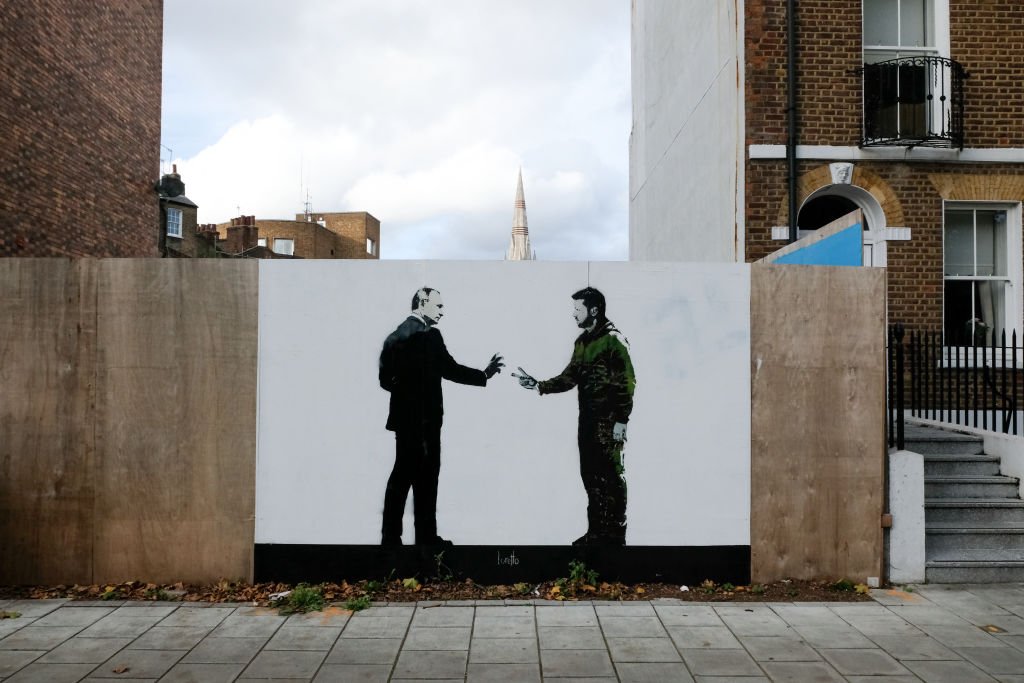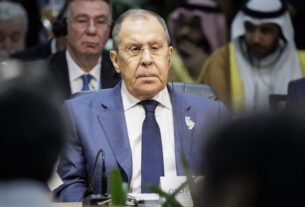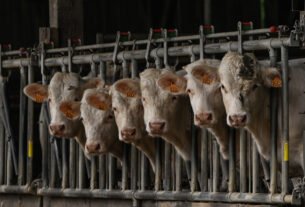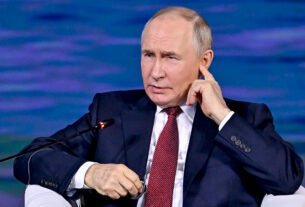Cities around the world are pitching themselves or being floated as hosts for a possible Trump-Putin-Zelenskyy gathering, but serious hurdles – including Putin’s international arrest warrant – complicate matters.
The scene has appeared set for a three-way summit over Russia’s ongoing invasion of Ukraine, following last week’s bilateral between US President Donald Trump and Russian President Vladimir Putin in Alaska, and a group meeting of European leaders in Washington on Monday.
Potential venues include Budapest, Geneva, Vienna, Rome, Istanbul, Doha, and even Moscow.
But serious doubts over whether a summit with Putin and Ukrainian President Volodymyr Zelenskyy will actually follow from Trump’s latest mediation efforts will overshadow any arrangements.
If such a meeting does happen, Budapest appears to be the leading contender, according to Michael Benhamou, director of the OPEWI defence think tank.
Because Hungary is not a member of the International Criminal Court (ICC), Budapest would be under no legal obligation to arrest Putin, according to Benhamou. And Hungarian Prime Minister Viktor Orbán would likely welcome both Putin and Trump with open arms.
The Trump factor
For any potential summit, the choice of location won’t be just about logistics – it will be about optics, and Trump’s political playbook.
“This is a communications exercise – about scoring points before the midterms. If it was up to him, he’d do it at one of his golf courses in Scotland,” said Benhamou.
Trump in particular would benefit from the photo ops and political theatrics, Benahmou said, as “Orbán would roll out the red carpet”.
On the other hand, he said, Geneva and Vienna wouldn’t align with Trump’s values: “It’s multilateral, full of diplomats, not what MAGA is about”.
Rome has more potential, with religious and imperial symbolic imagery that might appeal to American conservatives. But Italy’s membership in the ICC complicates matters, and massive protests could also greet both Trump and Putin there.
ICC complications
The ICC arrest warrant against Putin remains the biggest logistical hurdle for selecting a potential venue for peace talks, according to experts.
Both Switzerland and Austria have suggested giving Putin immunity during peace talks, but heated domestic debates over obligations under international law would be unavoidable.
“If peace succeeds, people will ignore it. But if it fails, the fact that norms were bent will be used politically,” warned Lars Bangert Struwe, a former secretary general of the Danish Atlantic Council and a seasoned diplomat.
Trilateral or bilateral?
Trump also suggested stepping back from directly mediating the talks, telling US right-wing radio host Mark Levin that he wants Zelenskyy and Putin to meet bilaterally first.
“I just want to see what happens at the meeting,” Trump told Levin.
But Struwe strongly recommended keeping others involved in the first meeting between Zelenskyy and Putin instead of having the opposing leaders talk one-on-one.
“Things will fall off the rails quickly if the two are left to their own devices, he said.
Looking further east?
Most have ruled out holding talks in Moscow due to obvious security risks for Zelenskyy.
Doha, meanwhile, is a neutral location for both sides but may hold little value for Trump politically.
“Trump’s already got what he wants from the Gulf,” Benhamou noted.
Istanbul may be a more plausible location, but its strained image with some in MAGA-world may block its chances. Turkey’s decision during Trump’s first term to buy Russian air-defence systems led to severely curtailed military ties, including the country’s ejection from the F-35 fighter jet programme.
Can it happen at all?
Both Struwe and Benhamou agreed that the bigger question is not where to hold such a summit, but whether it can even take place at all – at least in the coming year.
“There is little to suggest that Putin is actually interested in peace right now,” Struwe said.
“You cannot have serious negotiations until there is parity on the battlefield,” said Benhamou. “That would require European troops on the ground and US air support. Otherwise, Putin has no incentive.”
He pointed to the risk of a collapse of Ukraine’s army by 2026 if European reinforcement does not materialise.
“The priority is not to create peace now, but to create Russian willingness to negotiate peace later,” he said.
(cs, bts)





